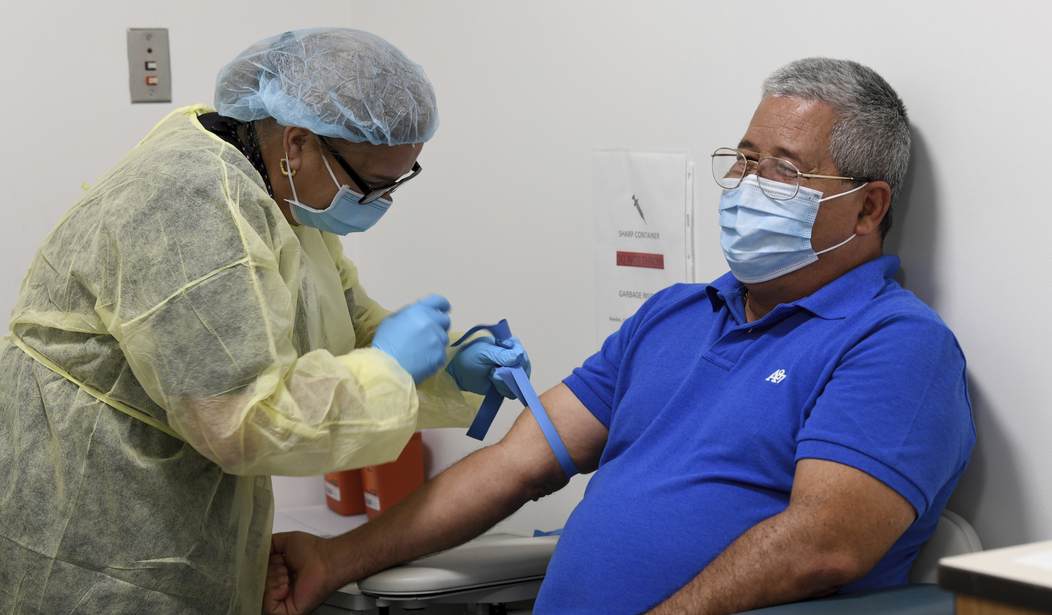An increasing body of research is showing that COVID-19 can infect the brain. Some doctors and researchers hypothesize that this could be the underlying cause of an immune system overreaction referred to as a cytokine storm. Unfortunately, for some COVID-19 sufferers, the neurological effects, including memory loss, loss of taste and smell, and even encephalopathy or permanent brain damage, persist long after the virus has left the body.
Recent research at Georgia State University found that mice injected with COVID-19 through their nasal passages suffered an escalating attack in the brain triggering severe illness. It continued even after the lungs had cleared themselves. According to Assistant Professor Mukesh Kumar, this may explain the wide range of symptoms seen in humans as well as differing severity:
“Our thinking that it’s more of a respiratory disease is not necessarily true,” Kumar said. “Once it infects the brain it can affect anything because the brain is controlling your lungs, the heart, everything. The brain is a very sensitive organ. It’s the central processor for everything.”
[…]
Kumar said that COVID-19 survivors whose infections reached their brain are also at increased risk of future health problems, including auto-immune diseases, Parkinson’s, multiple sclerosis and general cognitive decline.
“It’s scary,” Kumar said. “A lot of people think they got COVID and they recovered and now they’re out of the woods. Now I feel like that’s never going to be true. You may never be out of the woods.”
VIP: COVID-19 Could Be Reined in if the Biden Administration Took These Three Concrete Steps
Because of these findings, the researchers believe it is the virus infecting the brain, not the lungs, that leads to severe disease. Mice with clear lungs still had very high levels of infectious virus in their brains and experienced labored breathing, disorientation, and weakness. The virus concentration found in the brain was 1,000 times higher than in other parts of the body.
The brain cannot mount the same kind of immune response your lungs are designed to provide. Once the virus reaches the brain, the inflammatory response can persist indefinitely. Researchers told The Wall Street Journal that they saw a similar outcome in SARS, MERS, H1N1, and even the Spanish flu. Documents retained from the 1918 pandemic note that some survivors continued to suffer from involuntary tremors throughout their lives. Kumar asserted that survivors whose infection reaches their brain could suffer from future health problems such as auto-immune disease, Parkinson’s, multiple sclerosis, and cognitive decline.
This new information underscores the need for early outpatient treatment and accurate diagnosis. Clinicians have emphasized this in congressional hearings. A significant amount of research has been done on generic and readily available drugs such as Hydroxychloroquine (HCQ) and Ivermectin and monoclonal antibodies like Regeneron.
The FDA website still states that HCQ has no known benefit, which is true in late-stage disease. However, this is not the case if HCQ is given early and outpatient, according to numerous studies. In 11 trials, HCQ brought about a 76% reduction in mortality when administered early. According to the NIH website, Ivermectin is under evaluation, but researchers told a Senate committee in December that they could not get an NIH review of their study. In 17 random control trials, Ivermectin shows a positive effect in treatment, especially when given early.
Likewise, Regeneron has shown positive results when given early. It is currently given through an Emergency Use Authorization from the FDA, but bureaucratic barriers remain. Before leaving office, President Trump agreed to a $2.6 billion purchase totaling 1.25 million new doses. Former FDA Commissioner Scott Gottlieb says that a top national priority should be securing an adequate supply of antibody serums. He added that deregulating the distribution of Regeneron and setting up infusion centers should also be at the top of the list.
The issues with the PCR test for COVID-19 have been well documented. A requirement to add the cycle threshold (Ct) to the lab results should be issued immediately. As the New York Times noted, Ct can be interpreted as a proxy for viral load or the amount of virus in the body. Higher viral load is a sign of more severe disease, and health care providers can prioritize high-risk patients with a high viral load.
The goal of any medical treatment is to provide effective care early and outpatient to prevent hospitalization. Understanding the potential long-term effects of COVID-19 on acute COVID-19 illness and long-term neurological and cognitive function makes this an urgent need. Our government needs to learn to do two things at once: get the vaccine distributed to the highest-risk patients and get effective outpatient treatment in medical providers’ hands. Full vaccination may not happen for months. In the meantime, we can save lives and quality of life if both vaccines and early treatment are addressed.
WATCH the video from the Wall Street Journal:










Join the conversation as a VIP Member